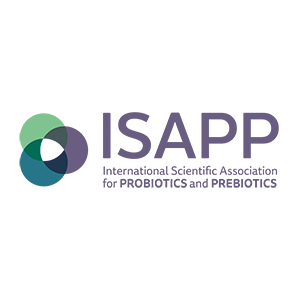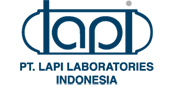
At Winclove we are often asked whether our probiotics contain histamine, since this can be an issue for people with histamine intolerance. We explain what histamine is, what it does in the body, and whether Winbiotic probiotics contain histamine.
What is histamine, and where is it found?
Histamine is a biogenic amino acid, just like dopamine, noradrenaline and serotonin, for instance. Biogenic amino acids are substances that occur naturally in both plant and animal products. They can also be formed in protein-rich foods during processing, ageing and storage. The name histamine is derived from the Greek word ἱστός [AB1] (histos), which means ‘tissue’.
Histamine occurs in the human body in low concentrations and plays an important role in a variety of key functions, such as blood circulation, neurotransmission, breathing, temperature regulation, diurnal rhythms, gastric acid production, and the immune response system.1,2 Once it has been formed, histamine is generally stored in mastocytes (mast cells) and basophilic granulocytes (a type of white blood cell). An immune reaction, such as an allergy or an inflammation, as well as other ‘triggering’ factors such as alcohol (ethanol), certain medicines or foods, can lead to the release of histamine. The histamine present in our bodies is called endogenous histamine.
Certain foods also naturally contain histamine, such as chocolate, mushrooms, spinach, and aubergine, as well as fermented or aged foods, and also food that has been stored for a length of time. The histamine we ingest with our food is called exogenous histamine.
Lastly, certain foods – strawberries and tomatoes, for instance – can cause histamine to be released from our cells. These are called histamine releasers.
Bacteria and histamine
A variety of bacteria can also produce histamine. Such bacteria occur naturally in the intestinal tract, but also in fermented foods such as aged cheese, sauerkraut, red wine, soy sauce, beer and salami. Certain probiotic bacteria can also produce histamine.
What is the ‘histamine intolerance’ problem?
In a healthy person, the exposure to and the breakdown of histamine are in balance and do not cause any health concerns. The problem for people with histamine intolerance is that this balance is disturbed, resulting in excessive levels of histamine. This can occur if the body itself produces too much histamine,3 but also if someone eats too much food that contains histamine or which liberates histamine in the body.
A histamine surplus is generally caused by a shortage of the enzyme diamine oxidase (DAO). DAO breaks down histamine in the intestinal tract, and if this is not done sufficiently then exogenous histamine begins to accumulate. A shortage of DAO can be caused by a genetic defect, by medication, or by intestinal disorders such as Crohn’s disease, ulcerative colitis, or other damage to the intestine.4
What can be done to treat histamine intolerance?
In cases of histamine intolerance it is important that the amount of exogenous histamine is limited for a certain period of time. This means avoiding the foods that contain the most histamine.
References
- Lucas PM, Wolken WA, Claisse O, Lolkema JS, Lonvaud-Funel A. Histamine-producing pathway encoded on an unstable plasmid in Lactobacillus hilgardii 0006. Appl Environ Microbiol 2005;71:1417-24.
- Visie V. Dieetadvies bij Histamine-intolerantie. Voeding & Visie 2016;29:24-6.
- Mastocytose. Hematology Groningen, 2018. at https://hematologiegroningen.nl/patienten/content/3mastocytose.htm.)
- Smolinska S, Jutel M, Crameri R, O’Mahony L. Histamine and gut mucosal immune regulation. Allergy 2014;69:273-81.






